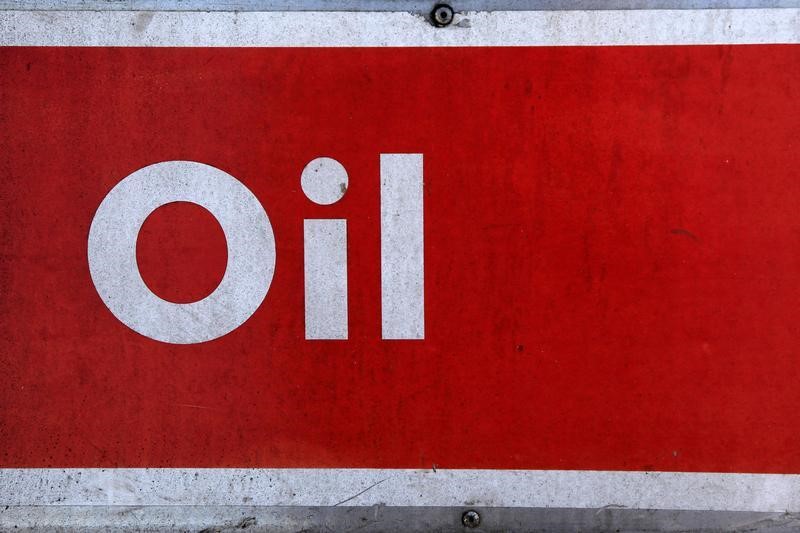By Geoffrey Smith
Investing.com -- Crude oil prices remained range-bound in early trading in New York on Thursday, as risk assets failed to build on a better-than-expected batch of U.S. jobless claims numbers.
The Labor Department said that initial jobless claims fell by nearly 100,000 to their lowest since the pandemic exploded in March, at 1.314 million. Continuing claims, reported with a week lag, also fell to just over 18 million continuing their slow downward path as re-hiring accelerated in the wake of lockdown restrictions being lifted.
The numbers weren’t enough, however, to encourage new long positions at a time when even one-week old data are being overtaken by daily record-high numbers of new coronavirus cases. The U.S. registered over 62,000 new cases on Wednesday, further stoking fears that fresh restrictions on business activity – and hence fuel demand – will be necessary.
In addition, the overhang of crude stocks remains large, with U.S. government figures showing another 5.65 million barrel jump in crude inventories last week. At 968 million barrels, inventories are over 10% above the average level of the last five years, according to MPAS research.
By 9:15 AM ET (1305 GMT), U.S. crude futures were down 0.9% at $40.54 a barrel, albeit that’s still in the upper half of this week’s relatively narrow trading range. The international benchmark Brent was down 0.4% at $43.14 a barrel.
Gasoline RBOB Futures, meanwhile, failed again to make a meaningful run at the $1.30 a gallon level, falling 0.9% to $1.2792.
The best support for prices is still coming from evidence of supply discipline, with secondary sources estimating that OPEC output fell to its lowest since 1998. Petroleum Argus estimated that OPEC members pumped only 22.28 million barrels a day in June, down 1.82 million b/d from May. In addition to ‘over-compliance’ with the OPEC+ deal from Saudi Arabia and other Gulf states, Iraq and Nigeria both markedly reduced their previous overproduction.
The sense that the OPEC+ deal is on a glidepath to a moderate relaxation at the end of this month was reinforced by wire reports saying that Russia and Saudi Arabia won’t hold bilateral talks ahead of next week’s monitoring committee meeting.
